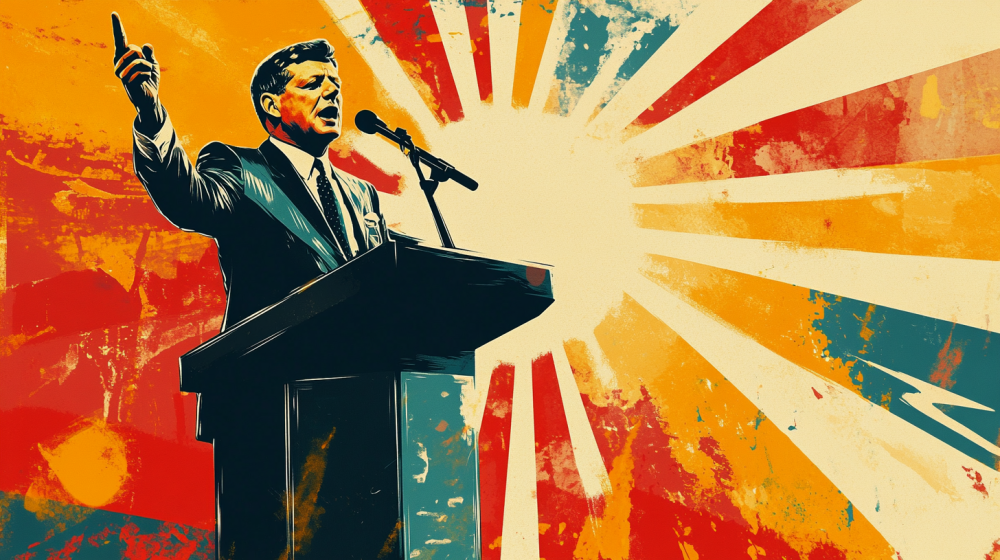Since 1789, when George Washington became the first President of the United States of America, there have been eight men to die while holding the office. In all eight cases, the typical line of succession was followed, and the vice president assumed the office of president. Here’s how those eight men died and what happened next.
William Henry Harrison
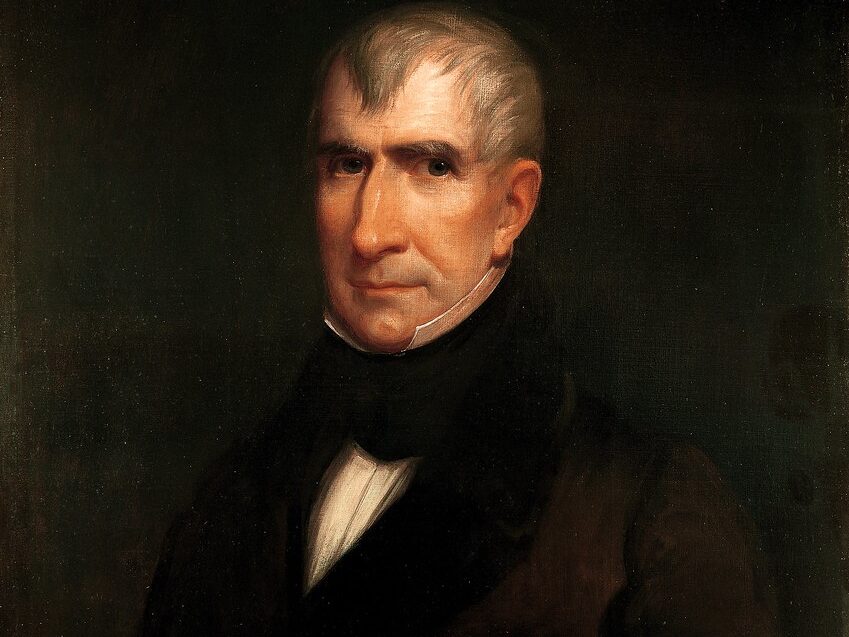
It took a while for the first US president to die in office. Fifty-two years, in fact. It was William Henry Harrison, who died on March 26, 1841, from what was probably pneumonia. It didn’t help that the doctors who attended him tried to cure him by using the (even then known quackery of) bloodletting. Harrison’s last words, intended for Vice President John Tyler but spoken to his doctor, implored the vice president to follow the “true principals of government.”
Succeeded by John Tyler
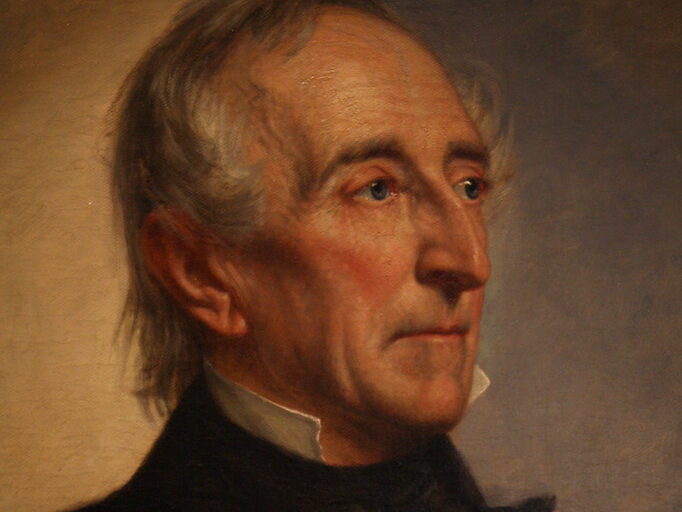
Harrison’s death was a trying moment for the country, as the Constitution is a bit unclear over what, exactly, happens when the president passes away in office. John Tyler interpreted Article II, Section 1, Clause 6 of the document to authorize him to carry out the full office of the presidency, and thus was sworn in shortly after Harrison’s death. This set a vital precedent for how the country should proceed in the event of the president’s passing.
Zachary Taylor
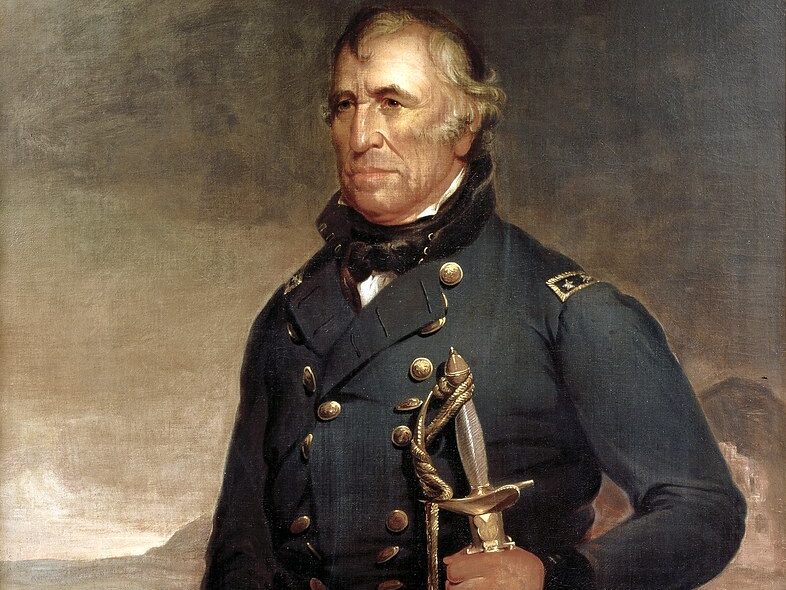
Zachary Taylor passed away only nine years after William Henry Harrison. He likely passed away from gastroenteritis, likely sparked by ingesting what was described as an absurd amount of green apples, cherries, ice water, and cold milk. Yeah, the guy partied too hard when workers laid the cornerstone of the Washington Monument.
Was Taylor Poisoned?
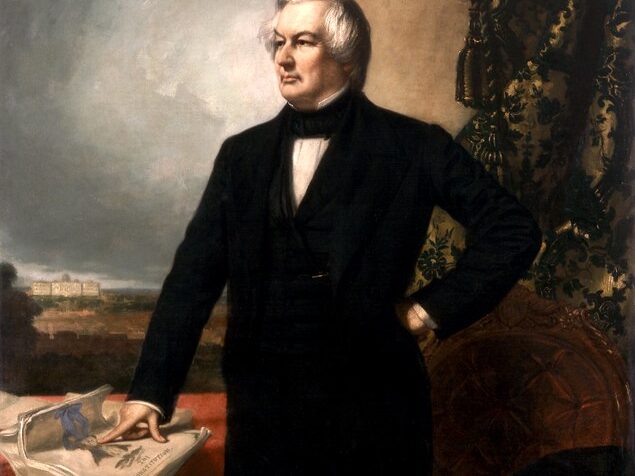
Taylor was succeeded by his vice president, Millard Fillmore. Rumors persisted throughout the 19th Century that Taylor was poisoned by pro-slavery Southerners due to his perceived opposition to the practice. This was proven definitively false in 1991 during an autopsy of his exhumed remains.
Abraham Lincoln
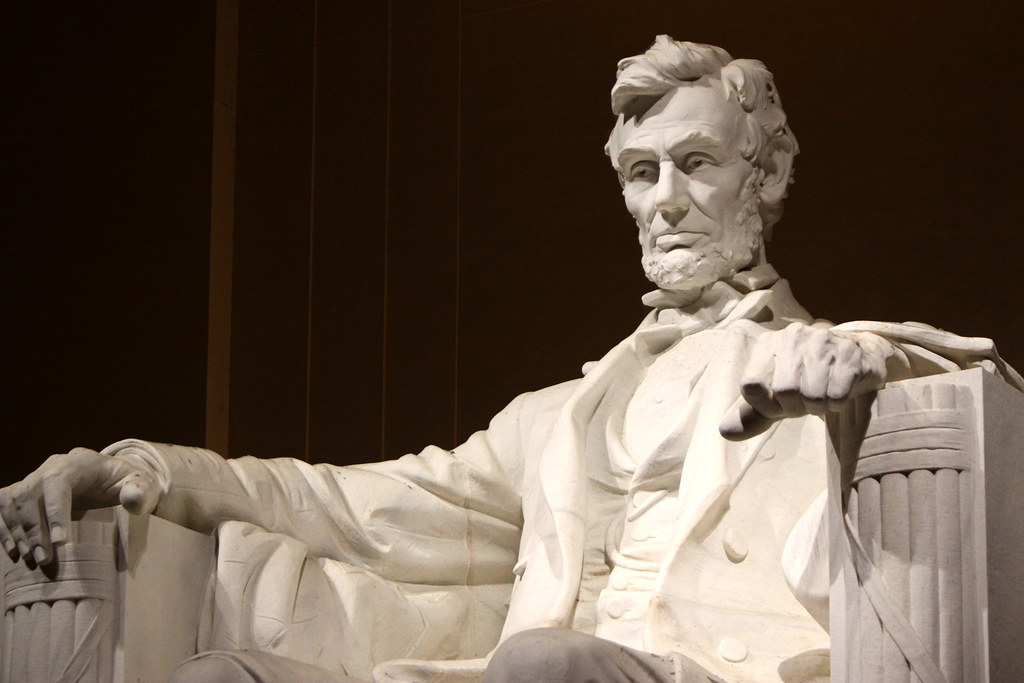
In 1865, President Abraham Lincoln was shot and killed by John Wilkes Booth. This was the first successful assassination of a sitting president, Andrew Jackson having survived an attempt on his life precisely 30 years prior. His assassin was a Confederate sympathizer. Indeed, he was murdered only five days after the Confederate army surrendered.
Johnson Succeeds Lincoln
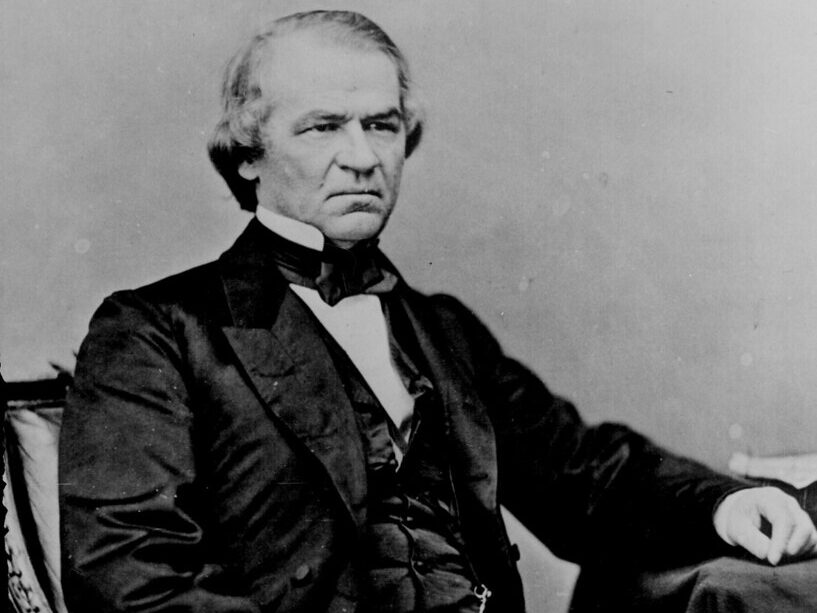
Booth didn’t act alone—his co-conspirators were supposed to assassinate Vice President Andrew Johnson and Secretary of State William H. Seward. They both failed, leading to Johnson succeeding Lincoln in the presidency and presaging a tense, dark time for the postwar South. Racial tensions didn’t vanish overnight and still persist in the US to this day.
James Garfield
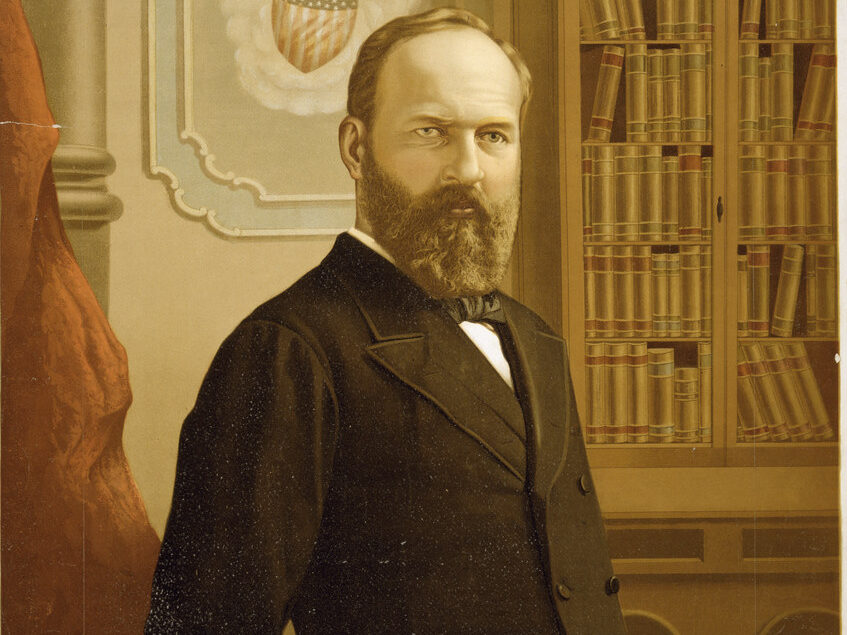
Oddly enough, the very next president to die in office was assassinated, too. James Garfield was shot in 1881, only sixteen years after Lincoln’s death. He was shot by Charles J. Guiteau only four months into his first term and died 11 weeks later of complications from his injuries. Bizarrely enough, his secretary of state, Robert Todd Lincoln—the only surviving adult son of Abraham Lincoln—was with him when he was shot.
Succession by Chester Arthur
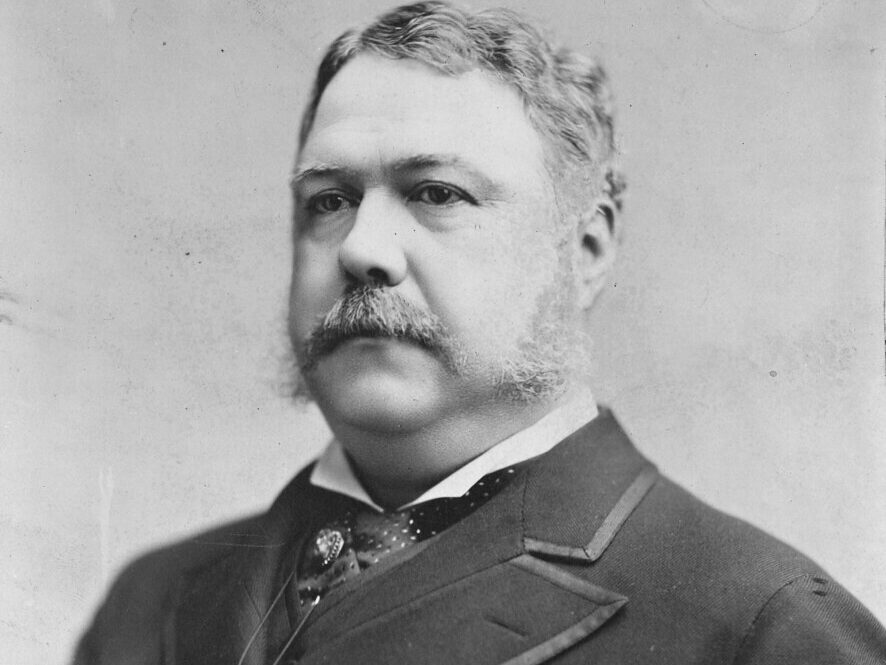
Vice President Chester Arthur waited tensely for five months as doctors tried to help Garfield recover from his injuries. When he got the news that the president had died, he’s reported as saying “I do hope it’s a mistake.” When the news was confirmed, he solemnly took the oath of office before traveling to Garfield’s body in Long Beach, New Jersey to pay his respects.
William McKinley
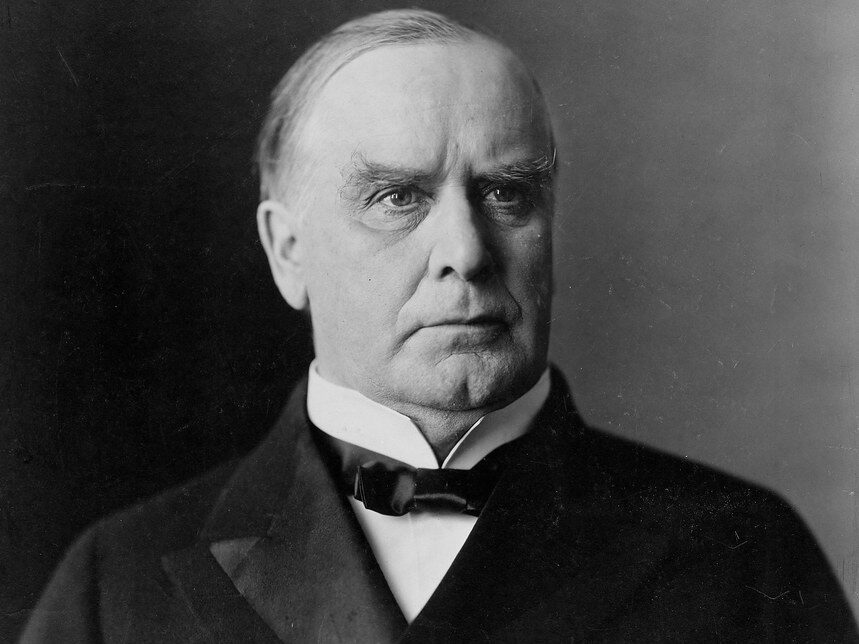
The presidential assassinations continued into the early 20th Century with the murder of William McKinley in 1901. He was shot by an anarchist named Leon Czolgosz while shaking hands with the public in Buffalo, New York. McKinley was warned multiple times that his predilection for shaking hands with the public was a threat to his physical safety.
Teddy Roosevelt Takes Office
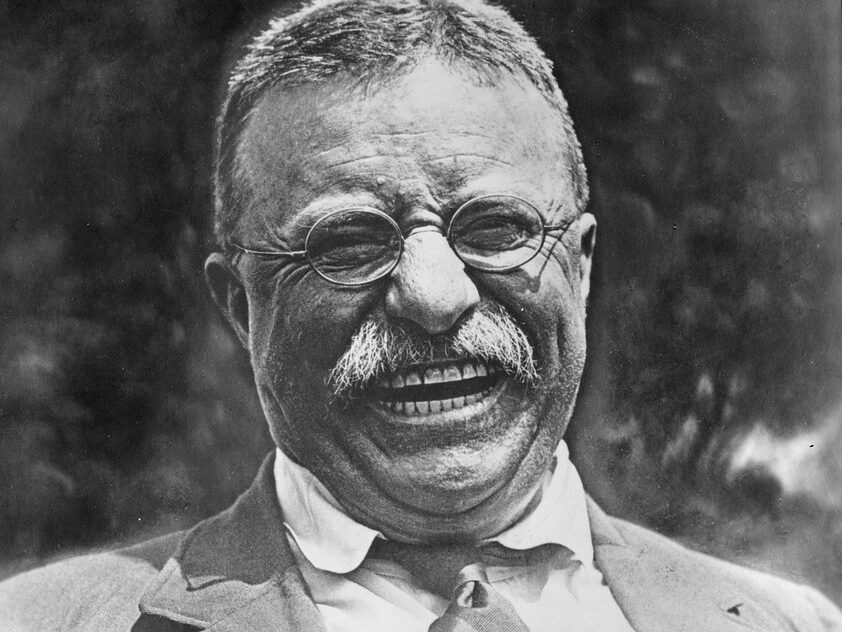
Then-Vice President Theodore Roosevelt succeeded McKinley following his passing, starting his well-documented turns in the White House. Czolgosz was executed for the murder by electric chair, and Congress passed legislation that gave the Secret Service a new mission. The organization was created to combat counterfeiting (which it still does!) but was now also tasked with providing personal security to the president.
Warren G. Harding
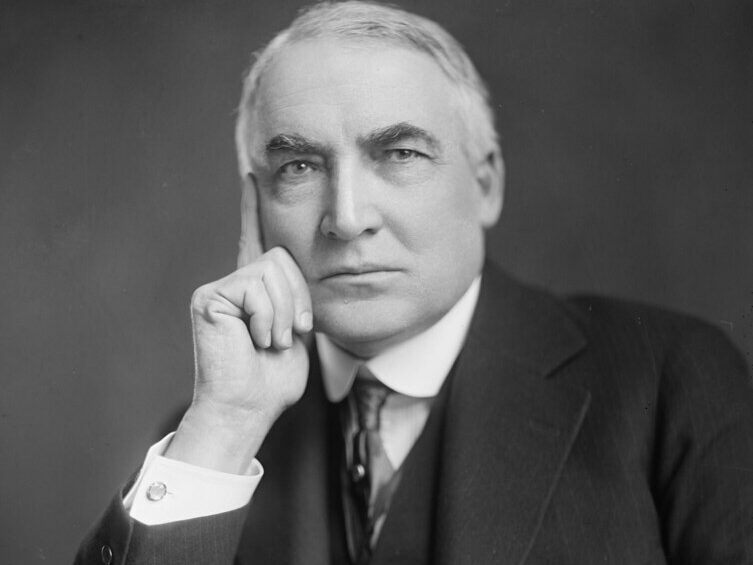
Warren G. Harding passed away suddenly of a heart attack while visiting San Francisco in 1923. He was in his hotel room when he died, leading to theories that he was poisoned or even took his own life. Speculation regarding poisoning was fueled by rumors that he’d cheated on his wife, First Lady Florence Harding, and the First Lady’s insistence that no autopsy be performed.
Harding’s Legacy
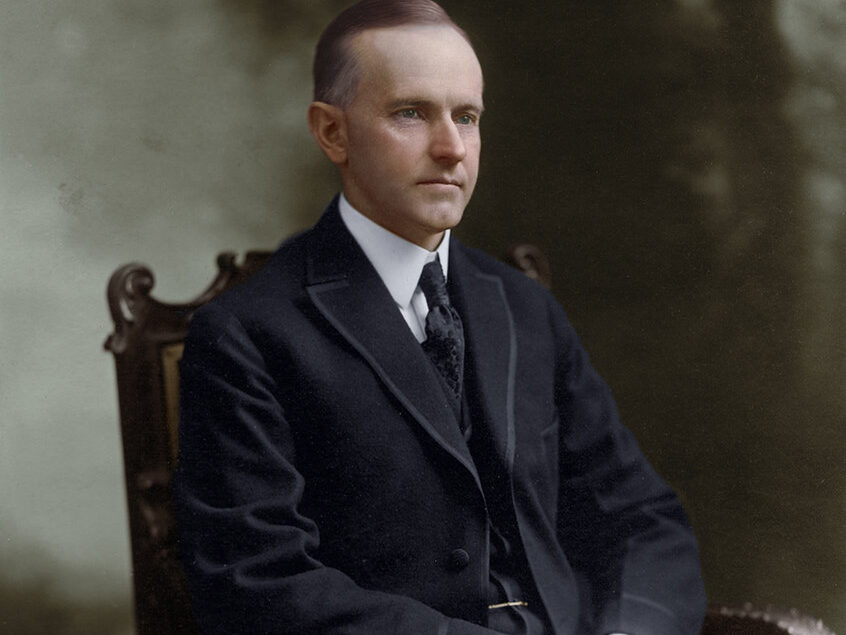
The former First Lady gathered up all of Harding’s correspondences and burned them following his passing. She briefly stayed at the White House following Calvin Coolidge swearing the oath of office, giving her time to exhaustively destroy letters in the name of “protecting President Harding’s legacy.”
Franklin D. Roosevelt
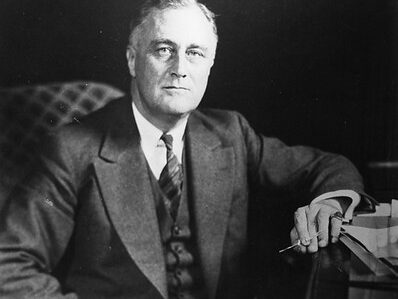
Franklin D. Roosevelt passed away of a sudden, massive stroke at the age of 63. The scene is described as having been domestic and rustic. Franklin was at his Georgia vacation home, the Little White House, working on a speech for an upcoming engagement while his daughter, two of his cousins, and his former mistress Lucy Mercer Rutherford sat with him.
Shocked the World
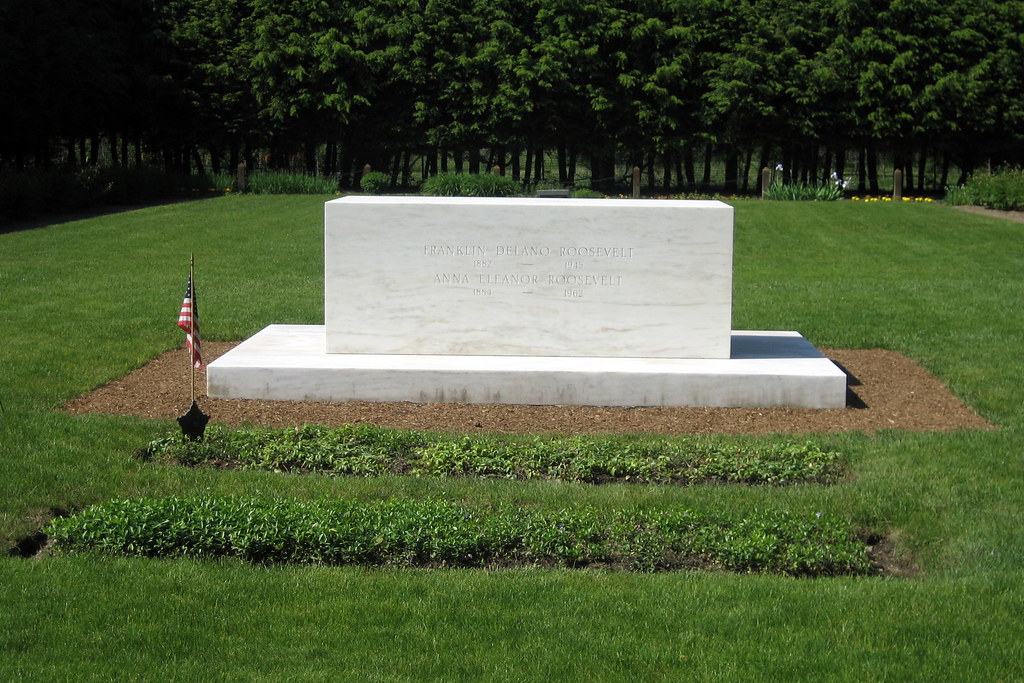
Roosevelt’s sudden passing was a shock to the world at large and to Americans in particular. He’d been in the White House for 12 years and had seen the country through the Great Depression and most of the Second World War. He’s credited by many as being the best president to ever serve in the role.
Read More: TV Characters Who Were Killed Off When Their Actors Died
John F. Kennedy
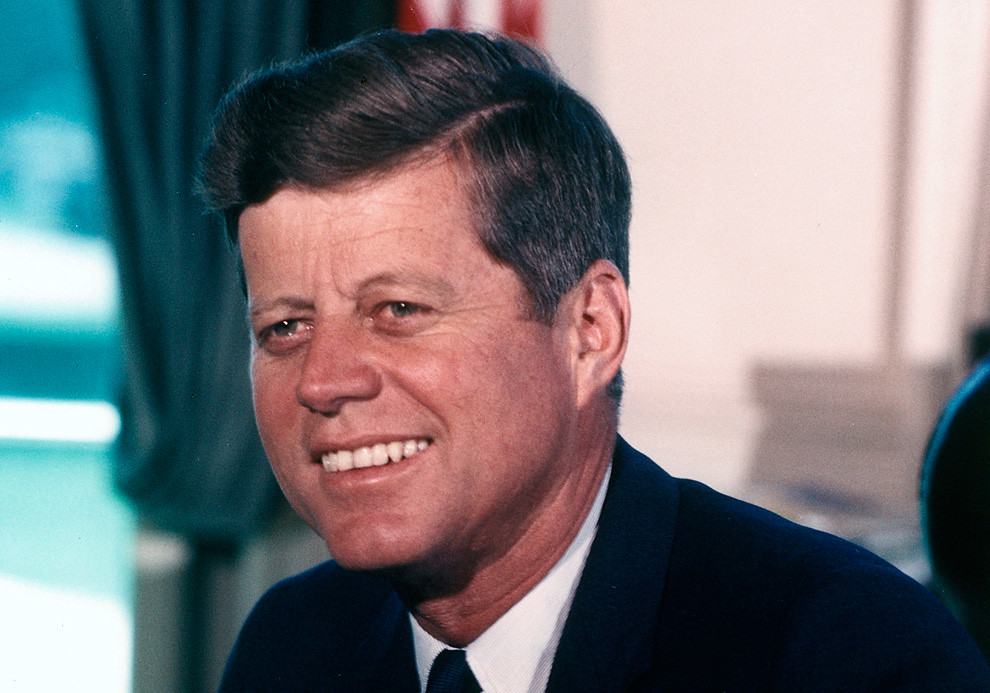
John F. Kennedy is the most recent president to have died in office, having been shot and killed by Lee Harvey Oswald on November 22, 1963. The president was riding in a motorcade with his wife, Jackie Kennedy, as well as Texas governor John Connally and his wife Nellie. Oswald shot from the nearby Texas School Book Depository and struck Kennedy in the head.
Read More: 15 Olympic Scandals That Rocked the World
A Conspiracy?
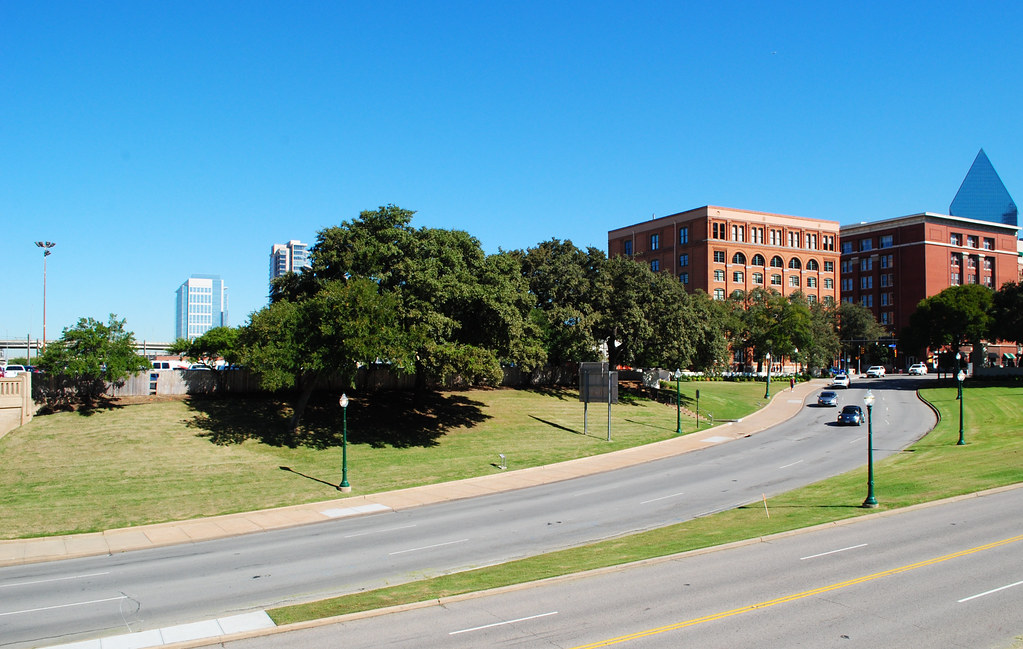
Kennedy was succeeded by his vice president, Lyndon B. Johnson, who swore the oath of office only hours after his assassination. Many people have speculated that Oswald might have not acted alone, or that, indeed, he might have not been responsible for Kennedy’s death at all. These conspiracy theories are unsubstantiated but persistent given the sudden shock of Kennedy’s death.
Read More: Celebrities Who Tragically Passed Away in 2024

